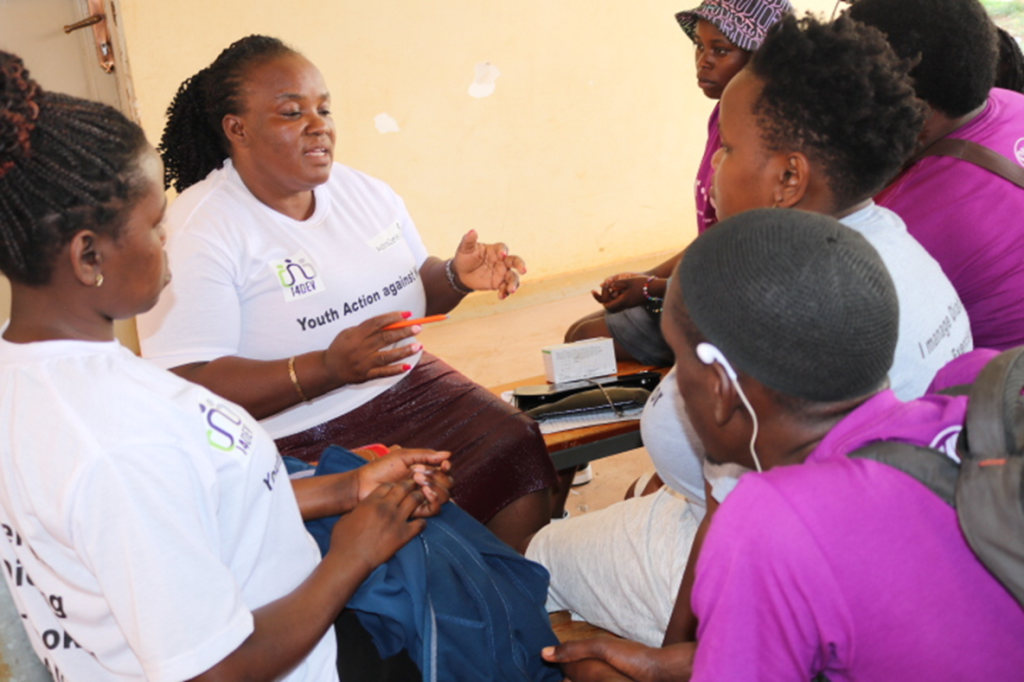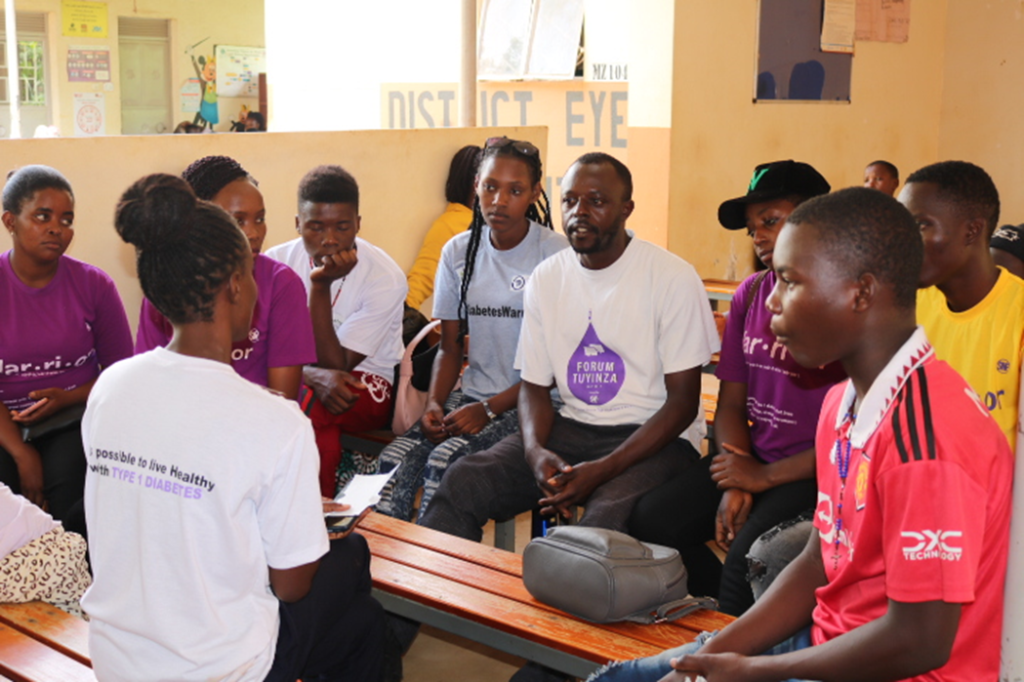
Living with Type 1 Diabetes (T1D) is a journey filled with daily challenges,
From monitoring blood sugar levels to managing insulin doses. For young people, these challenges can be particularly daunting as they navigate through the complexities of adolescence alongside their medical condition. However, amidst these hurdles lies a powerful resource often overlooked: peer-to-peer support groups. These groups not only provide a sense of belonging but also foster resilience in young individuals facing the trials of T1D.
Type 1 Diabetes doesn’t just affect a person’s physical health; it can also impact their emotional well-being and social life. The constant vigilance required to manage the condition can lead to feelings of isolation, anxiety, and stress, especially among young people who may already be grappling with identity formation and peer pressure. Additionally, misconceptions and stigma surrounding diabetes can further exacerbate these challenges, making it essential to establish support systems that address both the medical and psychosocial aspects of the condition.
The Power of Peer Support

Peer-to-peer support groups offer a unique environment
Where young individuals with T1D can connect with others who share similar experiences.
These groups provide a safe space for participants to discuss their concerns, share practical tips, and offer emotional support without fear of judgment. Through these interactions, participants realize that they are not alone in their journey, which can be immensely comforting and empowering.
With this view in mind, Innovations for Development (I4DEV), a non-government organization focusing on addressing community health challenges, especially among the marginalized, undertook an initiative to improve the health of young people living with T1D in Wakiso district. As one of its focus areas, I4DEV together with the Wakiso T1D clinic established peer-to-peer support groups among the young patients aiming to build resilience, provide support and a sense of belonging to all young people with T1D.
Building Resilience

Shared Experiences:
One of the most significant benefits of established peer support groups is the validation of shared experiences. Young people with T1D often face challenges that their peers without the condition may not fully understand. In peer support groups, they can freely discuss their triumphs and struggles, knowing that others can relate. This validation fosters a sense of resilience by demonstrating that difficulties can be overcome and successes celebrated within a supportive community.
Role Modeling: Within peer support groups, older members who have successfully managed T1D for years serve as role models for younger participants. These individuals offer practical advice, strategies for coping with challenges, and hope for the future. Seeing others thrive despite their diagnosis has instilled confidence in younger members and inspired them to persevere in the face of adversity.
Emotional Support: Managing T1D can be emotionally taxing, particularly for young people who may feel overwhelmed by the demands of their condition. Peer support groups provide a platform for expressing emotions and seeking comfort from those who understand firsthand the ups and downs of living with diabetes. This emotional support bolsters resilience by helping individuals develop coping mechanisms and adaptive strategies for dealing with stress.
Sense of Belonging: Adolescence is a time when young people seek acceptance and belonging. For those with T1D, finding a community where they are understood and accepted can be transformative. Peer support groups among the Wakiso T1D patients have created a sense of belonging by fostering friendships and connections based on shared experiences rather than the presence of a medical condition. This sense of belonging strengthens resilience by providing a supportive network to lean on during difficult times.
Conclusion
Peer-to-peer support groups play a vital role in building the resilience of young people with Type 1 Diabetes. By providing a platform for shared experiences, role modelling, emotional support, and a sense of belonging, these groups empower individuals to navigate the challenges of T1D with confidence and resilience. As we continue to prioritize holistic care for individuals with chronic conditions, integrating peer support initiatives into diabetes management programs can enhance overall well-being and quality of life for young people living with T1D.

s0ckx9
0hlzb7
qbyfz5
mqrn0h
r4f717
zuxkke
cd97nh